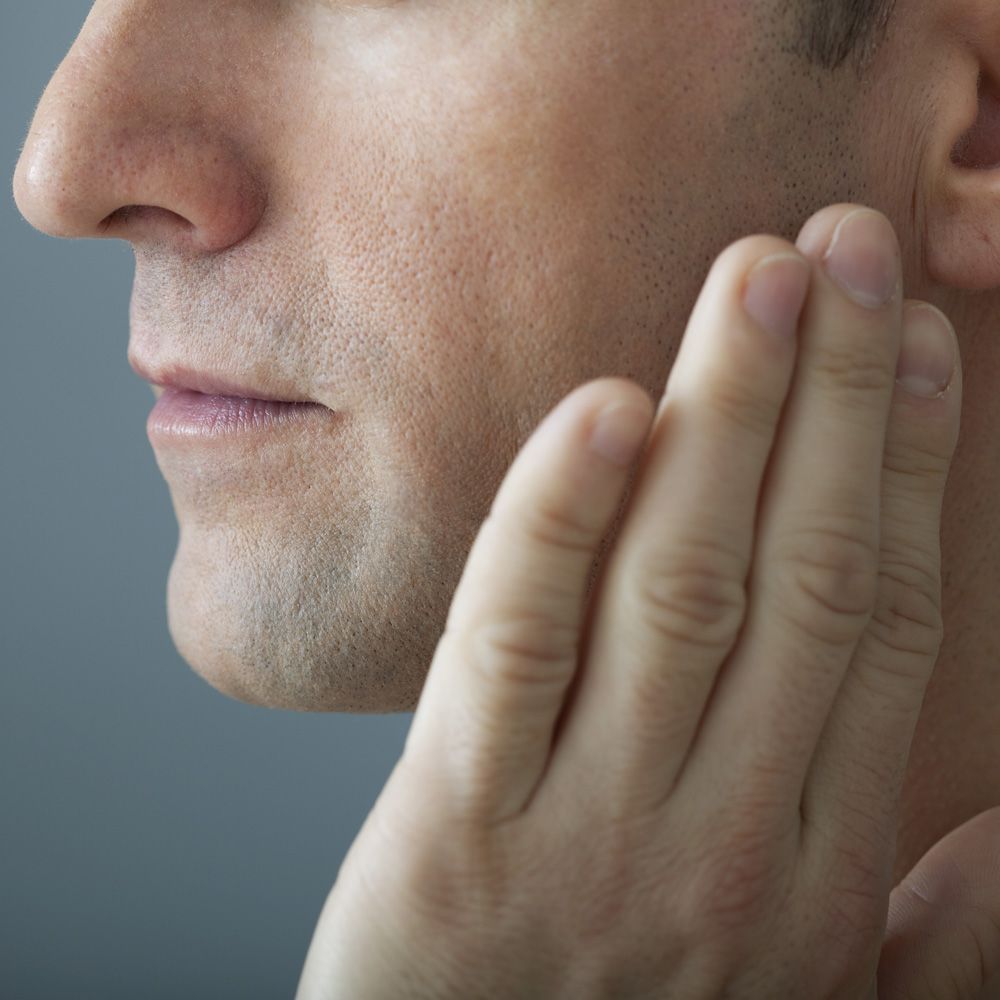How Hot and Cold Temperatures Cause Tooth Sensitivity
 A sore tooth can be a source of serious discomfort. The tooth may not be sore all the time, but may only feel sensitive, tender, or painful when it's exposed to hot or cold substances. Many patients who come to our Charlotte restorative dentistry center have asked us why that is.
A sore tooth can be a source of serious discomfort. The tooth may not be sore all the time, but may only feel sensitive, tender, or painful when it's exposed to hot or cold substances. Many patients who come to our Charlotte restorative dentistry center have asked us why that is.
Let's take a moment to explore the issue of temperature-related tooth sensitivity. To understand why tooth sensitivity happens, it may be helpful to discuss the anatomy of a tooth first.
The Anatomy of a Tooth
The basic structure of a tooth has three layers:
-
The topmost layer of the tooth is comprised of tooth enamel, which is one of the hardest substances in the human body.
-
The next layer of the tooth is comprised of dentin, which is a porous material. The pores in the dentin are known as dentinal tubules.
-
The interior of the tooth is hollow and filled with a substance known as dental pulp. Dental pulp is comprised of nerves, blood vessels, and connective tissue.
Given this structure, any time there is access to the structure under the tooth enamel, this can potentially cause sensitivity and discomfort.
Why Temperature Makes a Difference
The dentinal tubules are in place to help people recognize pressure as they bite and chew as well as temperatures in the mouth. While room temperature foods and beverages will not trigger dental pain or tooth sensitivity, extreme in temperature (hot and cold) can lead people to notice soreness and sensitivity of their teeth.
Teeth Whitening Side Effects
Teeth whitening is a common cause of hot/cold tooth sensitivity. During teeth whitening treatment, the bleaching agent penetrates the enamel layer of the teeth and affects the dentin. This makes the dentinal tubules especially sensitive, leading to heightened sensitivity to hot and cold foods and beverages. A bowl of hot soup or a cold glass of water can lead to pain if you aren't careful.
Dealing with Sensitivity from Teeth Whitening
Thankfully the tooth sensitivity from teeth whitening is just temporary, lasting only a day or so. The best way to deal with this temporary teeth whitening is to eat foods that are lukewarm or are at room temperature for a day or so after teeth whitening treatment.
If you are using at-home teeth whitening products, be sure to follow instructions to the letter. This will help minimize the amount of tooth sensitivity you experience.
Tooth Decay, Fractures, and Acidic Erosion
Anything that damages tooth enamel is bad for your dental health for a number of reasons. There are three serious issues that can expose tooth enamel and result in tooth sensitivity:
-
Tooth Decay – Tooth decay refers to the damage done to the teeth by the oral bacteria that naturally occurs in the mouth.
-
Acidic Erosion – Acidic erosion is the weakening of the tooth enamel caused by an acidic pH in the mouth.
-
Dental Fractures – Fractures refer to chips and cracks that are caused by physical trauma or injury to the tooth.
Each of the above can lead to major dental pain in addition to sensitivity depending on the extent of the issue.
Dealing with Sensitivity from Decay, Erosion, Fractures
The best way to address sensitivity caused by decay, erosion, and fractures is to visit your dentist for professional treatments. There are many different restorative dentistry options that may prove helpful in reducing sensitivity and improving the health of your teeth.
Contact Advanced Dentistry of Blakeney
For more information about tooth sensitivity and how it can be dealt with, be sure to contact our cosmetic and restorative dentistry center today. We look forward to your visit and discussing these issues in greater detail.



